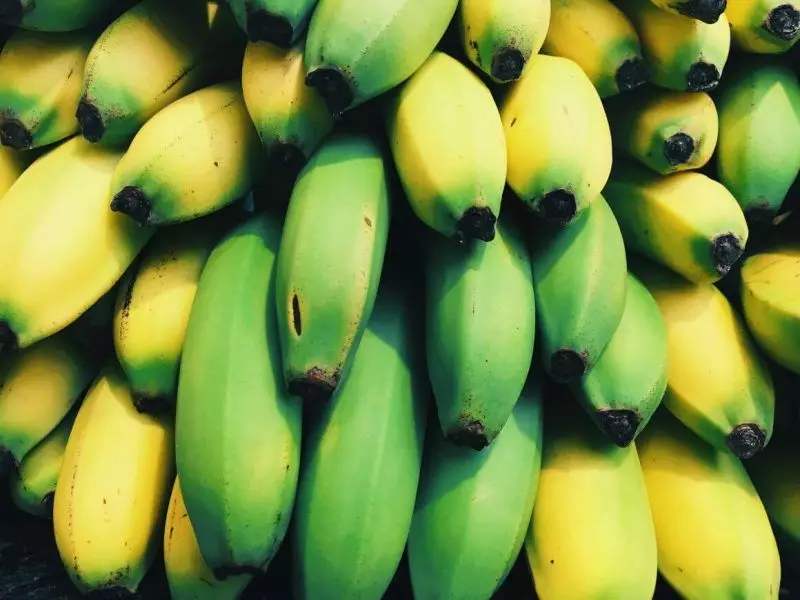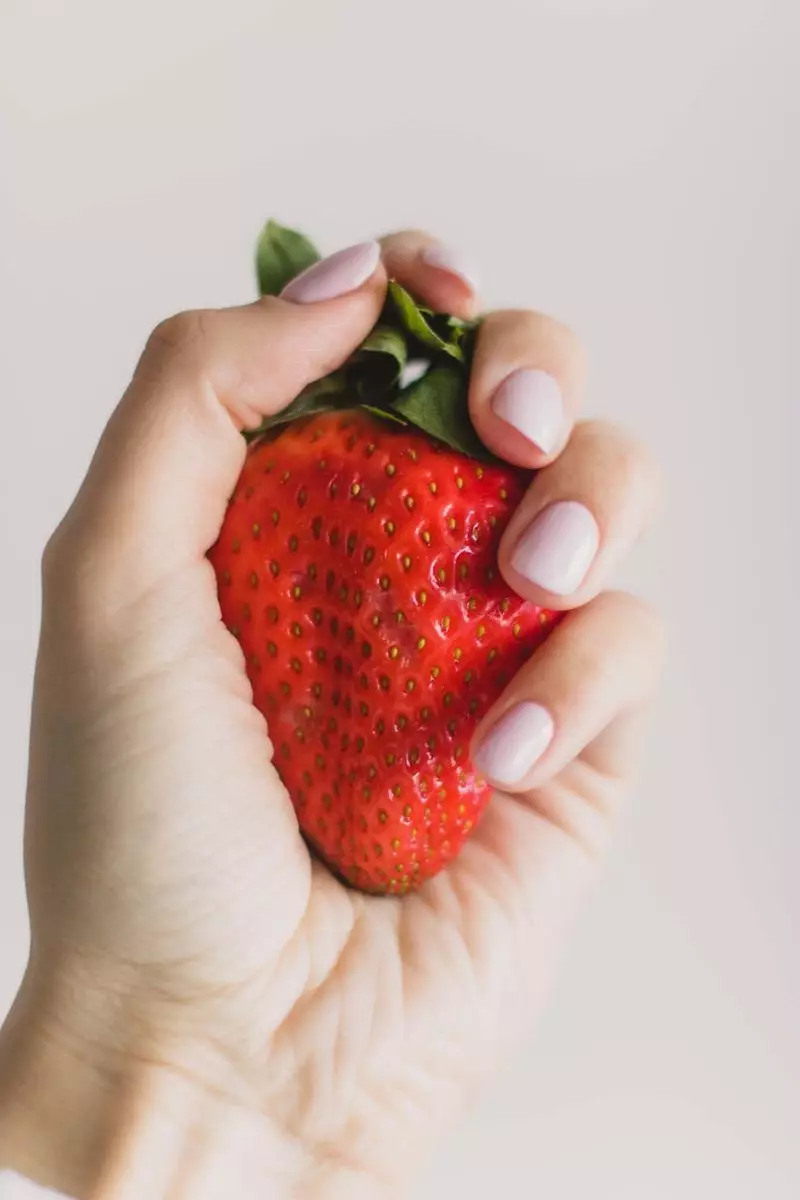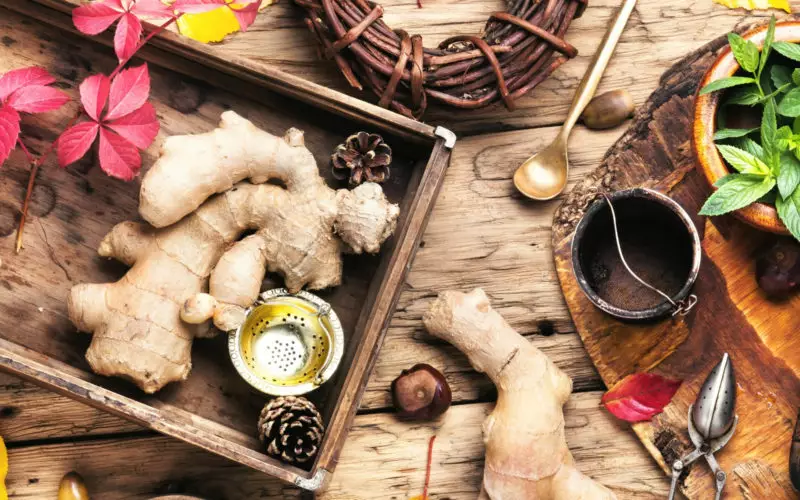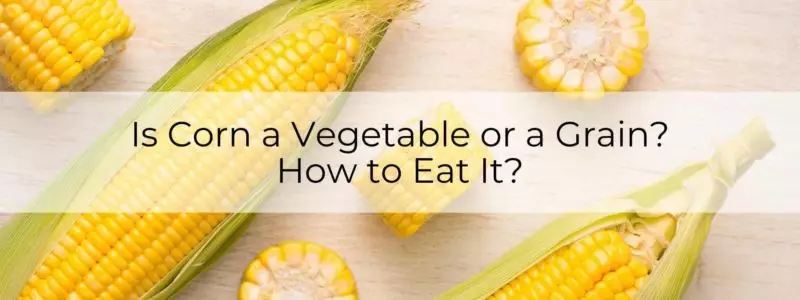
Corn is a very versatile food that you can include in many different dishes and recipes. It is also great to add to your menu as a snack or a side to a main dish.
However, when it comes to nutrition, corn is not that straightforward. This is because depending on the time of harvesting, corn can be either a vegetable or a grain.
If you adhere to a dietary pattern focusing on portion sizes, like the DASH diet, eating corn can be tricky.
Realistically, there is nothing wrong with including mature corn in your menu, thinking it’s a vegetable. However, in the long run, knowing the nutritional value of corn and the differences between fresh and mature corn can help you achieve a more balanced diet and meet your nutrition goals.
In this article we look into the big question: “Is corn a vegetable?”
Let’s get started!
Is corn a vegetable?
According to the USDA, corn can be either a grain or a vegetable. [1]
This all depends on the time of harvesting, as mature corn is nutritionally different compared to fresh corn (early harvested). The maturity level also impacts how corn can be used in cooking.
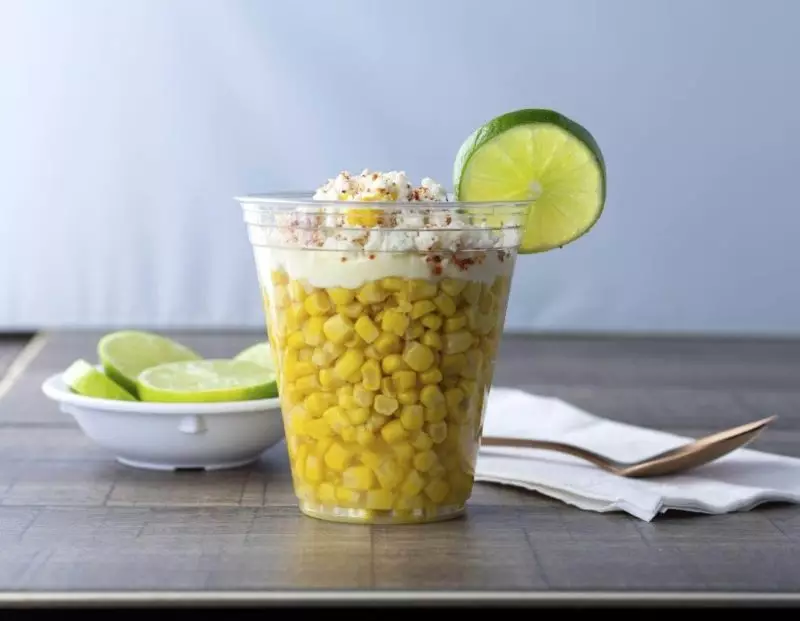
Nutritional value of corn
All types of corn are naturally gluten-free, which makes them a suitable option for Celiac disease patients and people with gluten intolerance and allergy.
However, mature and fresh corn have fairly different nutrient profiles.
Fresh corn
According to the USDA Food Data Central Database, 100 grams of fresh corn contain [2]:
- 1.35g fats
- 3.27g protein
- 18.7g carbs
- 2g fiber
- 5.7g starch
Furthermore, fresh corn contains noticeable amounts of the following micronutrients:
- Phosphorous
- Potassium
- B vitamins
- Vitamin A
- Vitamin C
- Calcium
Mature corn
According to the website NutritionData, 100 grams of dried corn contain [3] :
- 10.6g fats
- 14.5g protein
- 66.8 g carbs
- 20.5g dietary fiber (82% of the daily recommendation)
- 25g starch
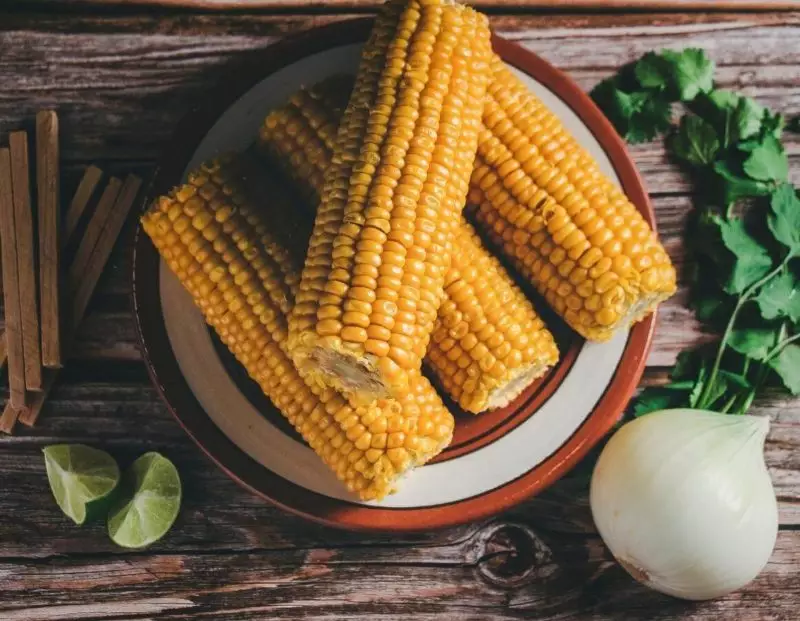
Besides, mature corn is rich in phytochemicals and the following micronutrients:
- Thiamin (Vitamin B1)
- Riboflavin (Vitamin B2)
- Niacin (Vitamin B3)
- Vitamin B6
- Folate
- Pantothenic acid (Vitamin B5)
- Magnesium
- Phosphorous
- Potassium
- Selenium
- Manganese
Health benefits
Evidence suggests that regularly including whole grain corn in your menu can be associated with various health benefits, such as [4]:
- Lower risk of cardiovascular disease
- Lower risk of type 2 diabetes
- Lower risk of obesity
- Improved digestive and gastrointestinal health
According to a 2016 review paper published in the Cogent Food & Agriculture Journal, the resistant starch found in corn could reduce the risk of cecal cancer, atherosclerosis, and obesity-related complications. [5]
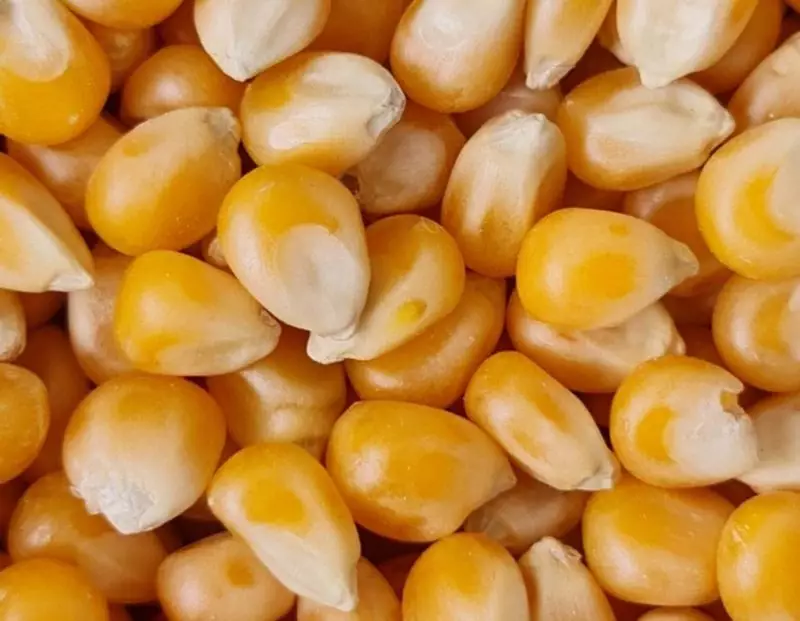
Taking all into consideration, including corn in your daily menu as part of a balanced and diverse diet could supply you with important nutrients and provide you with various health benefits.
How to include corn in your diet?
It’s easy to include corn in your diet. Here are some suggestions:
- Use cornflour for baked goods, like bread, tortillas, and homemade crackers
- Make polenta
- Grill your corn corn
- Steam/boil your corn on the cob
- Make a corn salad, mixing it with other veggies and a dressing

